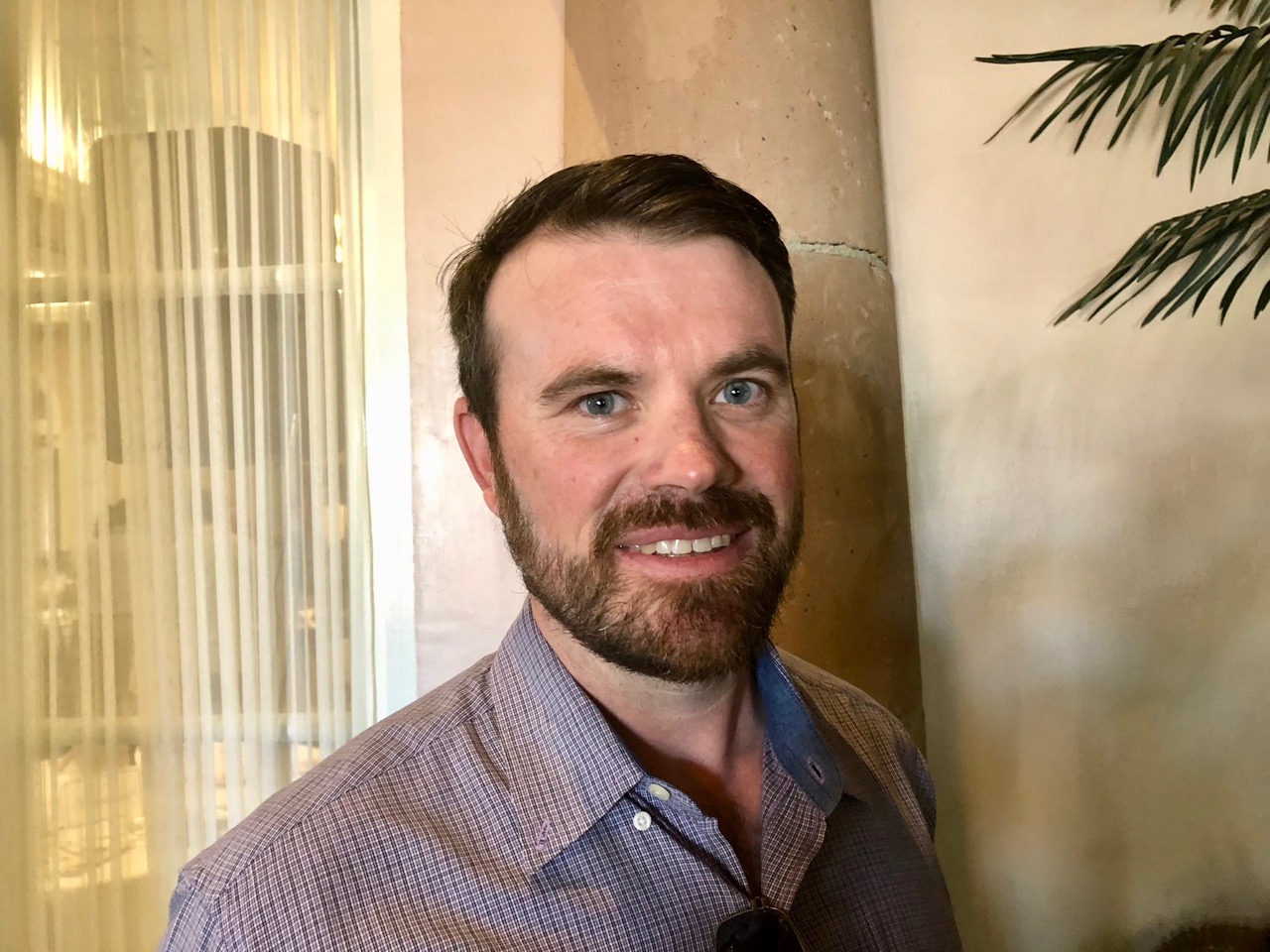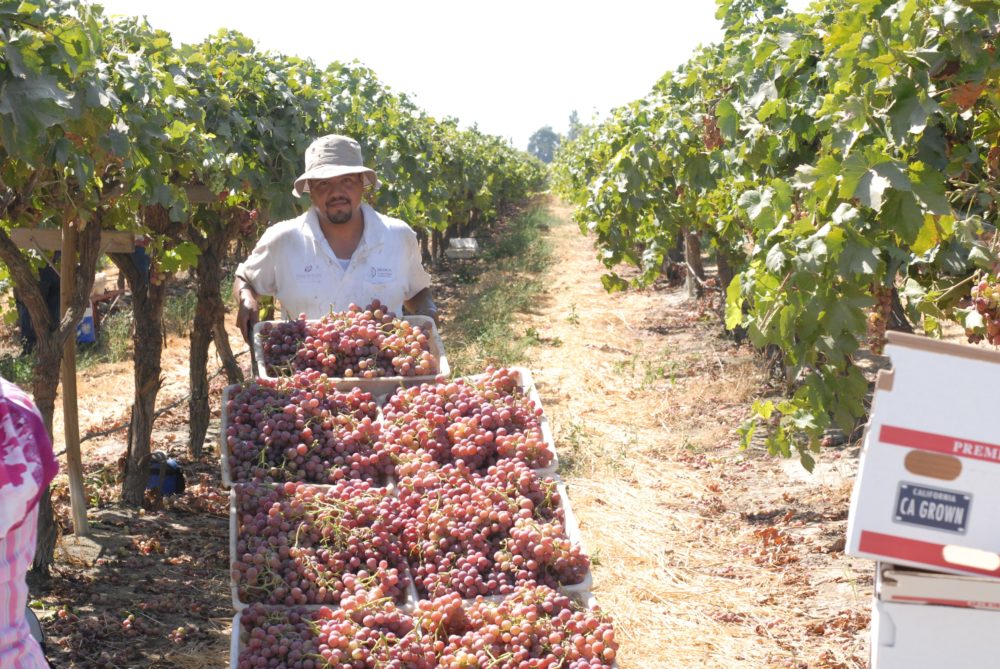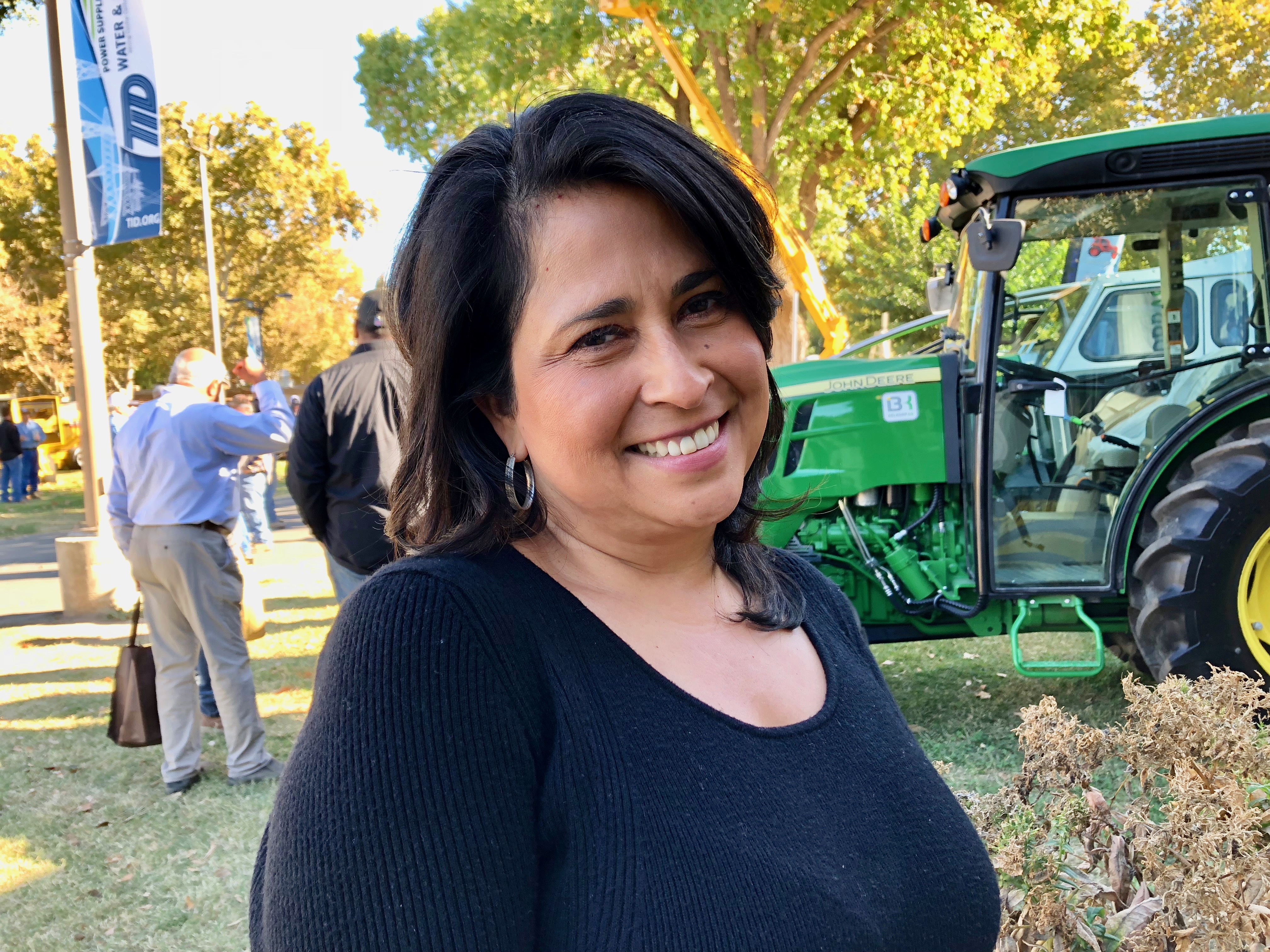Public Trust Important in Ag
Calming Public Trust on Agricultural Production
By Patrick Cavanaugh, Editor
So over the last 50 years, there have been enough violations of public trust by all kinds of institutions, be they government, be they religious institutions, educational institutions, dating all the way back to 1968.
Charlie Arnot is the CEO of The Center for Food Integrity.He said consumers have questions about food — where it comes from, who’s producing it and how. Their healthy curiosity and skepticism is why The Center for Food Integrity exists.
“As a society, we’ve been conditioned to be skeptical about whether or not institutions are worthy of trust,” said Arnot. “Over that same period of time, we’ve seen phenomenal consolidation integration and the application of technology in agriculture, which results in food being safer, more available and more affordable than it’s ever been before.”
“It really is a marvel, but yet in now causes people to think of the food system as an institution and therefore really questioned whether or not we’re still worthy of trust,” noted Arnot.
Arnot explained the fundamental bias we see against size and scale is a belief that the larger companies, the larger entities will put profit ahead of public interest. “We know that’s not true. Those of us who work in agriculture know that the people, the men and women who work in ag are, are terrific. They’ve got values that really resonate. They’re committed to doing what’s right. But because of the size of scale of agriculture today, it raises greater questions,” he said.
“So what it means is we have to embrace that consumer skepticism and be willing to address those questions, not be defensive and help people understand that yes, societal scale has changed, but our commitment to do what’s right has never been stronger,” noted Arnot.
For more information on The Center for Food Integrity click here.































